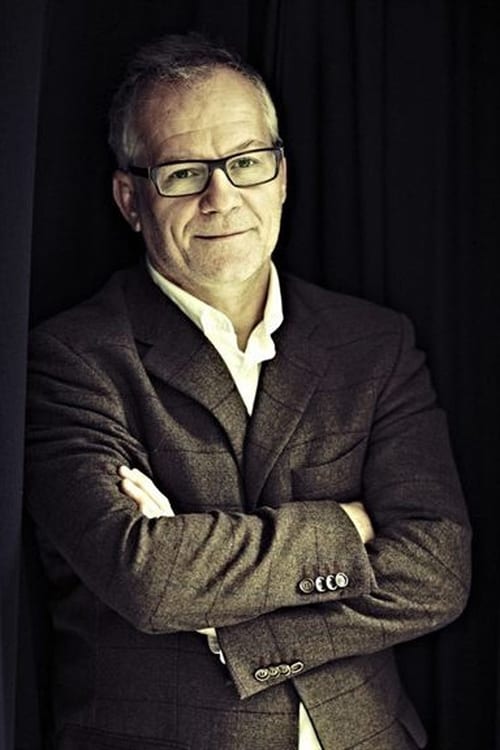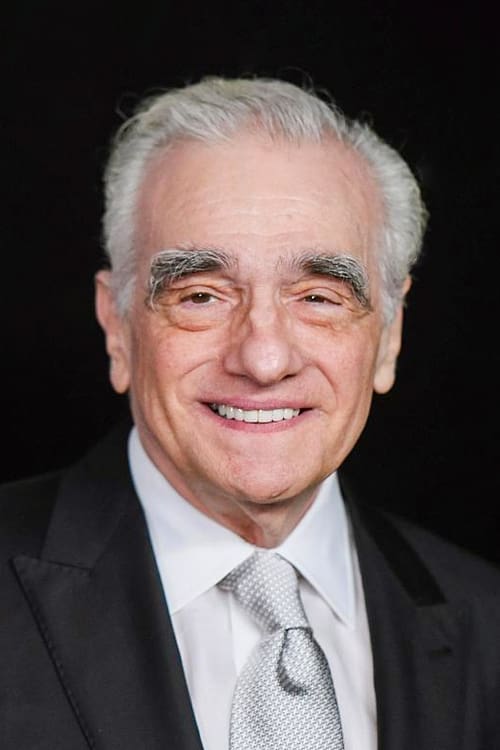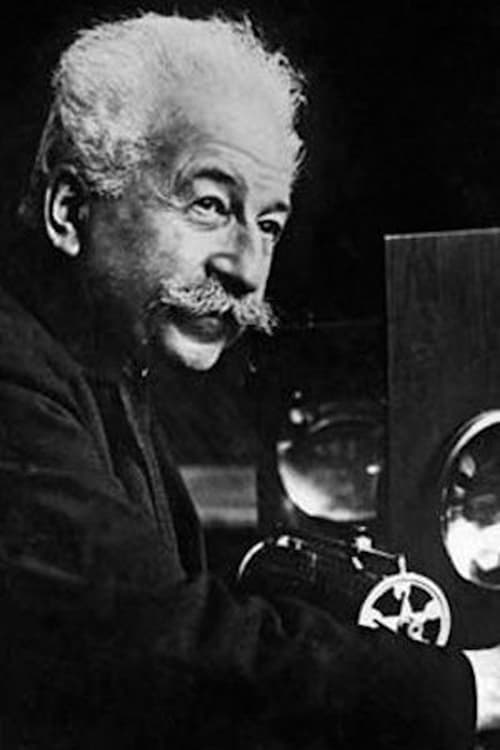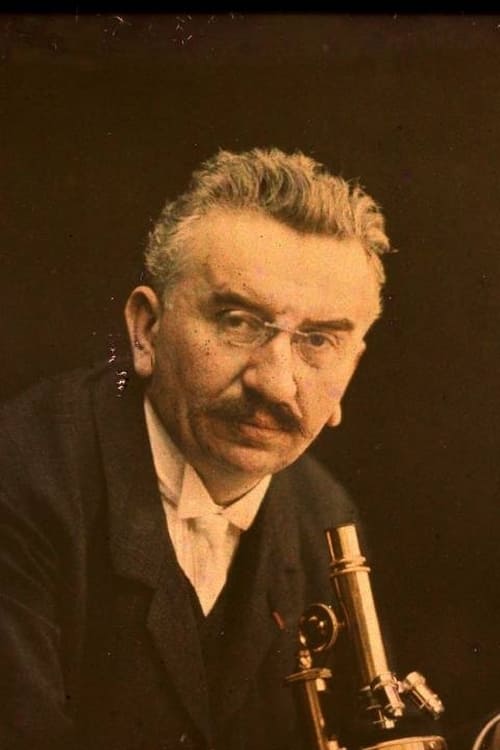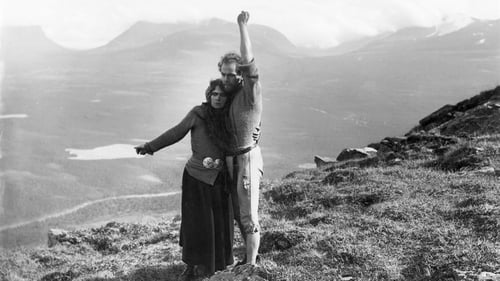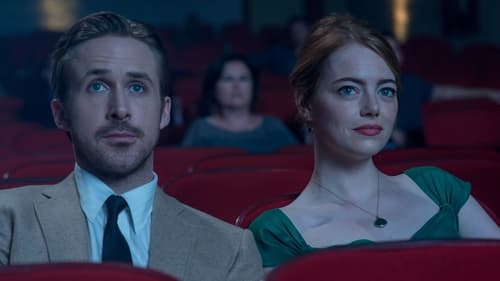¡Lumière! Comienza la aventura (2016)
Género : Documental, Historia
Tiempo de ejecución : 1H 30M
Director : Thierry Frémaux
Sinopsis
Una colección de grabaciones restauradas de los hermanos Lumière.
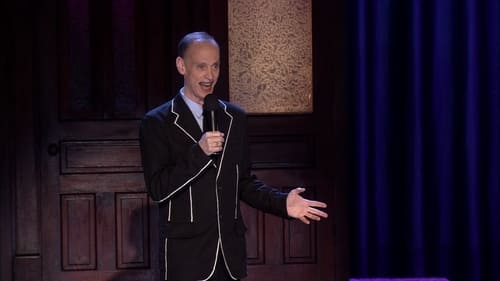
In this filmed version of cult film director John Waters' popular one-man show, the Pink Flamingos and A Dirty Shame director takes the stage to discuss everything from his early influences, fondest career memories, and notorious struggles against the MPAA rating system. Part endearing memoir and part hilarious lecture, This Filthy World touches on everything from the insanity of contemporary pop culture to the director's unforgettable early collaborations with inimitable Pink Flamingos star Divine.

What is the state of cinema and what being a filmmaker means? What are the measures taken to protect authors' copyright? What is their legal status in different countries? (Sequel to “Filmmakers vs. Tycoons.”)
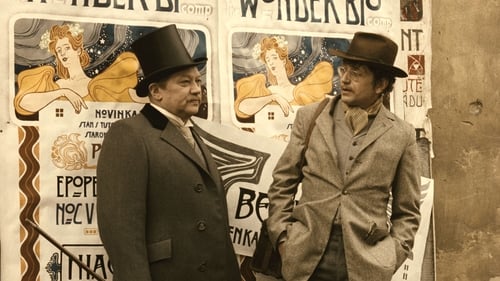
Returning home to Prague, the magician Pasparte, an owner of a circus caravan, meets his dying colleague who entrusts his beautiful daughter Aloisie to his care. In Prague they all take up their lodgings at the house At Blue Fish in which they intend to arrange the programs. The firm is owned by widow Evzenie with whom Pasparte shares flat and bed. Evzenie is jealous of Aloisie therefore Pasparte sends Aloisie as a housewife to the single man Jakub Kolenatý who earns his living by photographing and wants to record the revived pictures of Prague. Pasparte wants to found in Prague the first permanent Czech movie theatre in which there would be projected also the original Czech films.

Una mirada muy personal a la historia del cine dirigida, escrita y editada por Jean-Luc Godard en su residencia suiza de Rolle durante diez años (1988-98); un collage monumental, construido a partir de fragmentos de películas, textos y citas, fotos y pinturas, música y sonidos, y diferentes lecturas; una visión crítica, bella y melancólica del arte del cine.
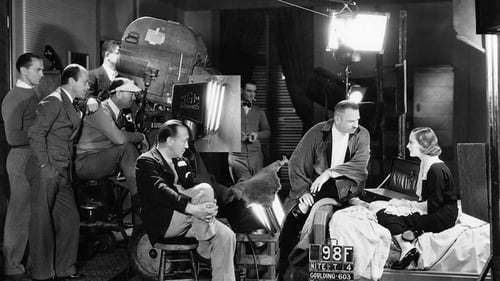
Cameramen and women discuss the craft and art of cinematography and of the "DP" (the director of photography), illustrating their points with clips from 100 films, from Birth of a Nation to Do the Right Thing. Themes: the DP tells people where to look; changes in movies (the arrival of sound, color, and wide screens) required creative responses from DPs; and, these artisans constantly invent new equipment and try new things, with wonderful results. The narration takes us through the identifiable studio styles of the 30s, the emergence of noir, the New York look, and the impact of Europeans. Citizen Kane, The Conformist, and Gordon Willis get special attention.
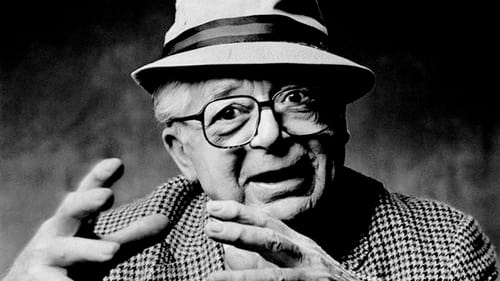
En 1988, el cineasta alemán Volker Schlöndorff se sentó con el legendario director Billy Wilder (1906-2002) en su oficina de Beverly Hills, California, y encendió su cámara para realizar una serie de entrevistas filmadas.

Ensayo cinematográfico en defensa de los Derechos Morales de los cineastas frente a las manipulaciones que sufren las películas desde los orígenes del cine hasta hoy. Incluye fragmentos de importantes películas, como una escena en la que Felipe II (1559-1598) recorta una pintura de Tiziano porque no cabía en el espacio que le había reservado en El Escorial. Con esta acción el Rey de España se convirtió en el inventor del panning-scanning que en nuestra época altera el formato original de las películas. Este ensayo documental tiene su continuación en "Cineastas en acción", también del año 2005. (FILMAFFINITY)
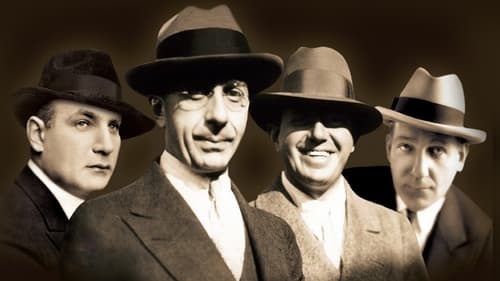
Documental sobre los fundadores de la Warner Bros.
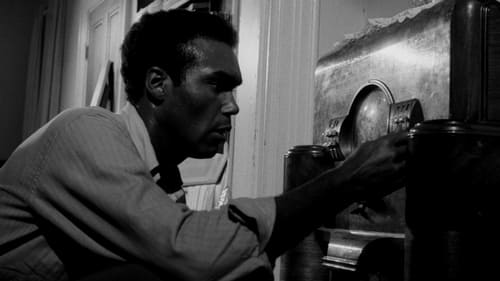
La evolución del zombi desde sus raíces en el vudú haitiano hasta su codiciado papel como el monstruo más popular del mundo: de ser un cadáver torpe a convertirse en un asesino caníbal y el principal agente de toda pandemia infecciosa, el zombi ha recorrido un largo camino en setenta años. Una mirada a la creciente marea de la cultura zombi examinando por qué algo tan muerto tiene tanta vida en las pesadillas de los espectadores y en la taquilla.

Una hilarante introducción, usando como ejemplo algunas de las mejores películas jamás realizadas, a algunas de las ideas más apasionantes del filósofo y psicoanalista esloveno Slavoj Žižek sobre la subjetividad personal, la fantasía y la realidad, el deseo y la sexualidad.
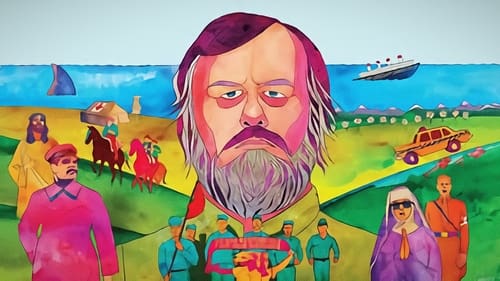
Un viaje al laberíntico corazón de la ideología, que modela y justifica las creencias y prácticas tanto colectivas como personales: con un celo contagioso y un apetito voraz por la cultura popular, el filósofo y psicoanalista esloveno Slavoj Žižek analiza varias de las películas más importantes de la historia del cine para explicar cómo la narrativa cinematográfica contribuye a reforzar la ética y las ideas políticas imperantes.

Actor Sam Neill discusses New Zealand film and his own experiences within and without.
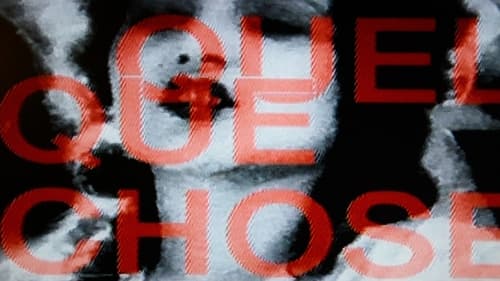
A very personal look at the history of cinema directed, written and edited by Jean-Luc Godard in his Swiss residence in Rolle for ten years (1988-98); a monumental collage, constructed from film fragments, texts and quotations, photos and paintings, music and sound, and diverse readings; a critical, beautiful and melancholic vision of cinematographic art. (Abridged version of the original collection of eight short films).
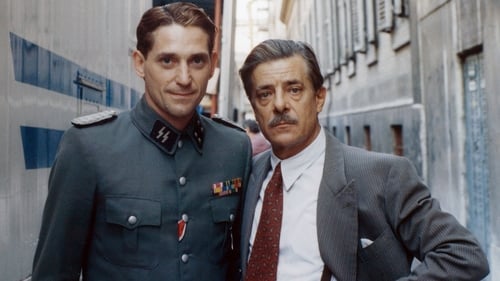
Narra el sufrido rodaje de "Roma, città aperta", la obra maestra de Roberto Rossellini filmada en 1946. (FILMAFFINITY)

Una mirada muy personal a la historia del cine dirigida, escrita y editada por Jean-Luc Godard en su residencia suiza de Rolle durante diez años (1988-98); un collage monumental, construido a partir de fragmentos de películas, textos y citas, fotos y pinturas, música y sonidos, y diferentes lecturas; una visión crítica, bella y melancólica del arte del cine.

Una mirada muy personal a la historia del cine dirigida, escrita y editada por Jean-Luc Godard en su residencia suiza de Rolle durante diez años (1988-98); un collage monumental, construido a partir de fragmentos de películas, textos y citas, fotos y pinturas, música y sonidos, y diferentes lecturas; una visión crítica, bella y melancólica del arte del cine.

Una mirada muy personal a la historia del cine dirigida, escrita y editada por Jean-Luc Godard en su residencia suiza de Rolle durante diez años (1988-98); un collage monumental, construido a partir de fragmentos de películas, textos y citas, fotos y pinturas, música y sonidos, y diferentes lecturas; una visión crítica, bella y melancólica del arte del cine.
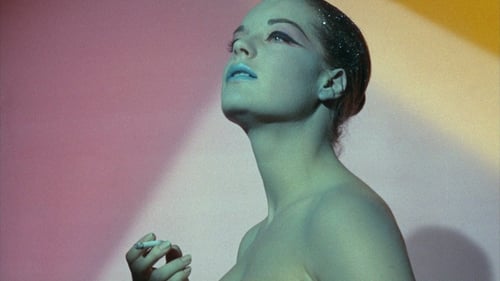
Documental sobre la vida y obra de Henri-George Clouzot. "L'enfer" (1964) es el título de la película que el director galo no pudo acabar: en primer lugar, el protagonista, Serge Reggiani, enfermó, y fue sustituido por Jean-Louis Trintignant; después, Clouzot sufrió un ataque al corazón que impidió que el proyecto siguiera adelante. En 1992 la viuda de Clouzot vendió el guión a Claude Chabrol, que hizo la película "El infierno" (L'enfer, 1994).

Long treated with indifference by critics and historians, British silent cinema has only recently undergone the reevaluation it has long deserved, revealing it to be far richer than previously acknowledged. This documentary, featuring clips from a remarkable range of films, celebrates the early years of British filmmaking and spans from such pioneers as George Albert Smith and Cecil Hepworth to such later figures as Anthony Asquith, Maurice Elvey and, of course, Alfred Hitchcock.

Documental que muestra cómo se realizó "Lo que el viento se llevó" desde que David O. Selznick compró los derechos de la novela.

